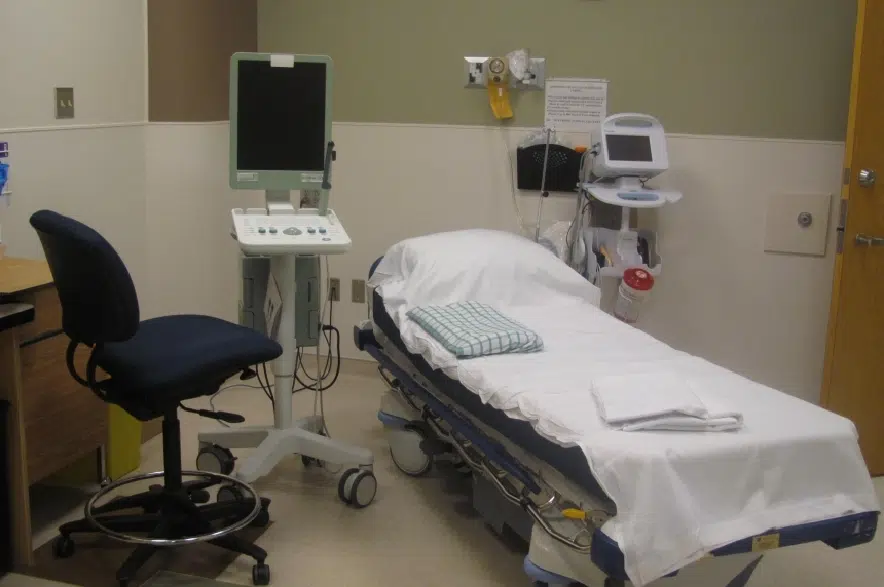There is nothing new in this year’s provincial budget that recognizes the dedication from registered nurses across Saskatchewan, and how they’ve held up the health-care system for the past three years.
That’s according to Tracy Zambory, president of the Saskatchewan Union of Nurses.
“Profound disappointment,” she added. “There was no recognition of what nurses have done and the fact that we are struggling. Nothing to do anything to change that.”
On Wednesday, Finance Minister Donna Harpauer announced that the province is expected to spend $7.1 billion on health care, including $55.5 million to help fill 250 full-time health care positions and to expand part-time positions in rural and remote areas of the province.
Just over $25 million from Advanced Education will be used to expand training programs at the College of Medicine in Saskatoon, and $10 million will be used for a 150-seat expansion in the nursing program, with millions more to help with the licensing of internationally educated health-care workers.
“These are things that have to happen if you’re actually going to bring in internationally educated nurses, so I’m not sure why we would fly the flags and roll out the banner. Big deal. This is what they have to do so they can function here in Canada,” said Zambory.
Zambory said SUN’s issue is not the amount of money being spent, but the way the government plans to spend it.
“That money is not being spent in the most efficient way and the most effective way so that we can be giving safe patient care on the front lines,” she said. “And that’s why we wanted to have funding for a nursing task force.”
Zambory said a task force could help figure out the best way to get nurses “back on their feet,” including talking to recent retirees who could mentor new or international nurses, and finding out why part-timers or casual nurses who chose to leave the profession did so.
Zambory questioned why money for a task force couldn’t be found in the budget.
“Why wouldn’t we want to fund a nursing task force that would look at those specific things, work with registered nurses, get us out of this hole?” she asked.
Zambory also pointed to the amount of money being spent on “agency nurses,” who are hired to complete 12-hour shifts for regular employees, but who are paid nearly three times as much for doing so.
“We know agency nurses have been paid up towards $2,800 for a less-than-12-hour shift, having to come in on short call,” she said. “That’s outrageous.”
Zambory said that kind of money being offered to a select few doesn’t help staff nurses, who hoped to see some sort of monetary incentive in the budget to remain in their positions as the COVID-19 pandemic eased.
“We saw it happen in Nova Scotia where the premier thanked registered nurses with … $10,000,” she said, adding nurses there were offered an additional $10,000 bonus for agreeing to stay on as full-time employees for two years.
A $50,000 incentive for in-demand positions listed on the Government of Saskatchewan’s website lists RNs, nurse practitioners and a variety of other health-care workers as eligible for the bonus if they choose to work in a specific rural location. Only certain workers within that list are eligible for the bonus, however.
Zambory said the list is pretty exclusive.
“There’s a lot of barriers people are running into. They’re being rejected because they’re not considered a brand-new employee. They’re coming in as a brand-new designation, not a brand-new employee,” she explained.
“People don’t like it when they feel like they’ve been duped.”
Even the nurses who have been recruited so far won’t make much of a dent in the staffing issue, said Zambory, adding there are currently 900 vacant nursing positions around Saskatchewan.












